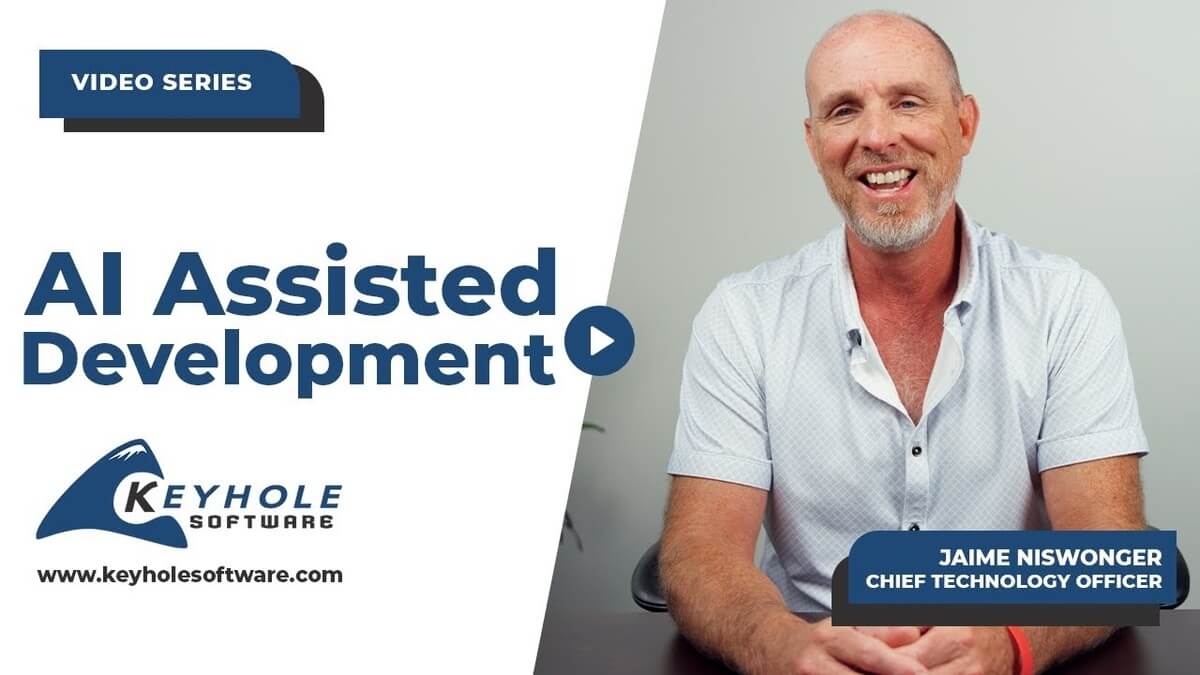What is the process of developing a mobile app?
October 10, 2023
In today’s digitized era, having a mobile presence is not just an added advantage, but often a necessity. If you’ve found yourself contemplating a foray into the mobile world, you might be overwhelmed by the multitude of considerations and technical jargon that comes with the process of developing a mobile app. So in this post, we’ll break it down step by step to help you navigate this journey with confidence.
Starting with the Basics
Before diving into the technical side of things, understanding your audience and their needs is paramount.
Identify Your Target Audience
Your target use case is the foundation of your app’s success. Knowing who they are, their preferences, and their pain points will shape the entire development process.
Devices, Form Factors, and Accessibility
It’s crucial to determine what devices your audience predominantly uses, and the form factors they prefer. Additionally, address any accessibility needs early on to ensure a user-friendly experience for everyone.
Features and Functionalities
There’s a subtle dance between what features are essential for a mobile platform versus those reserved for desktop applications.
Streamlining Features for Mobile
It’s tempting to cram every feature into your mobile app, but discerning which ones are absolutely necessary and which can remain on the desktop can be the difference between a sleek, user-friendly app and an overloaded one.
Theming, Prototypes, and Storybooks
Having a clear visual and functional theme aids in developing a cohesive app. Prototypes and storybooks can provide tangible blueprints for the design and implementation phases.
Navigating Technical Considerations
With countless platforms and tools available, selecting the best fit for your project can be daunting.
Picking the Right Tool
React Native, Flutter, Xamarin – the list goes on. Each has its merits, and having worked on diverse projects, we’ve experienced the strengths and limitations of each. Remember, technology should serve as a means to achieve your vision, not dictate it.
Design Sprints and Stakeholder Collaboration
While design sprints can be invaluable tools, they’re also a significant time commitment. Collaborating with stakeholders and end users offers a well-rounded perspective, ensuring the app aligns with the vision and user needs.
Legacy Systems and Digital Transformation
Migrating from an existing system? It’s not just about transferring data.
Understanding and Transforming Legacy Systems
Often, digital transformations involve understanding the intricacies of a legacy application and determining the path from the current state to the desired outcome.
The Keyhole Approach
At Keyhole, our philosophy revolves around ensuring our clients are not mere guinea pigs to new, untested technology.
Innovation with Proven Tools
While it’s tempting to chase after the latest tech trends, we prioritize using tools and technologies we are confident will perform reliably in production.
Planning for a Sustainable Future
Contractors sometimes fall into a “land and expand” trap. Our goal is different. We aim for our clients to become self-sufficient. Through mentorship, thought leadership, and thorough code reviews, our ultimate success is measured by our clients’ ability to independently maintain the software we’ve developed together.
Conclusion
With no one-size-fits-all answer to the process of developing a mobile app, your journey will be unique to your vision and objectives. Our experience has shown that understanding your audience, clarifying features, and choosing the right technical tools can pave the way for a successful project.
If you’re curious about what the process is like, or need more tailored advice, don’t hesitate to contact us. We’re here to walk you through it, ensuring you’re comfortable with every step of the journey.
More From Keyhole Software
About Keyhole Software
Expert team of software developer consultants solving complex software challenges for U.S. clients.



